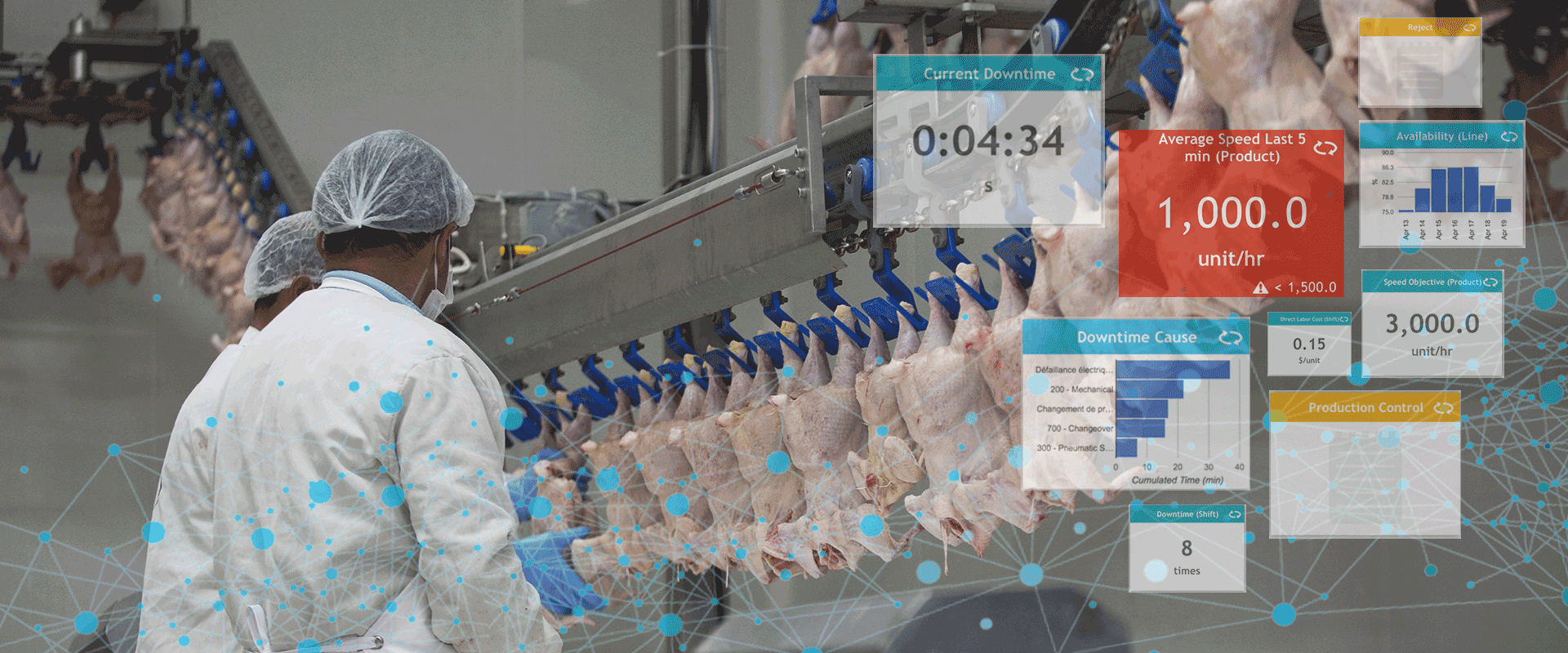Real-time data (RTD) is information that's delivered immediately after collection—there is no delay in the timeliness of the information provided and it's often used for navigation or tracking. The IQMS Manufacturing blog discusses how the capture of real-time data will be a catalyst for manufacturers working to increase production speed, scale and simplicity in all areas of operations. With that, the IQMS Manufacturing blog offers:
10 Ways Real-time Data Monitoring is Revolutionizing Manufacturing
- Continually improve product quality by using real-time data for Statistical Process Control (SPC).
- Attain higher levels of compliance and traceability by receiving data directly from any machine monitored on the shop floor in real-time.
- Improve production plan performance by attaining greater schedule accuracy.
- Manufacturers are gaining up to a 6% improvement in Overall Equipment Effectiveness (OEE) when they rely on real-time quality metrics.
- Prolonging the life of equipment, machinery and tools using real-time data monitoring to predict when maintenance, repair and overhaul need to take place.
- Enable higher levels of inventory control accuracy and performance across all production locations.
- Reaching a new level of accuracy, quality, precision and speed with internal and regulatory audits.
- Improving cycle times and reducing scrapped parts by using real-time data to better manage and optimize against constraints.
- Simplifying and scaling complex new business models based on mass customization and build-to-order profitable faster.















